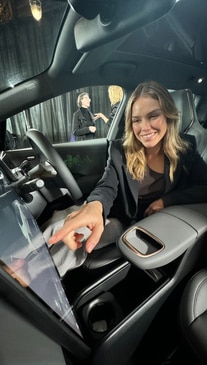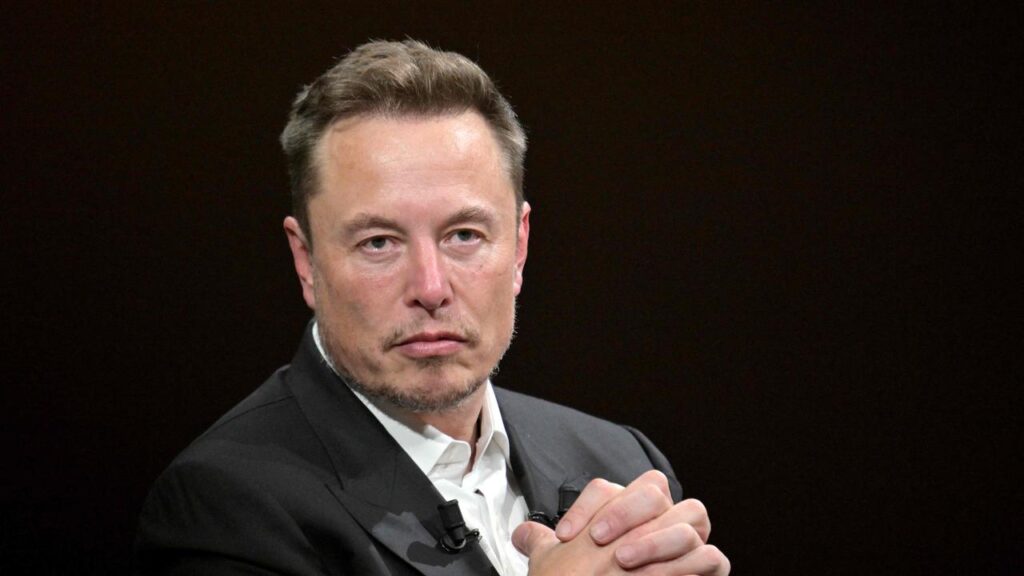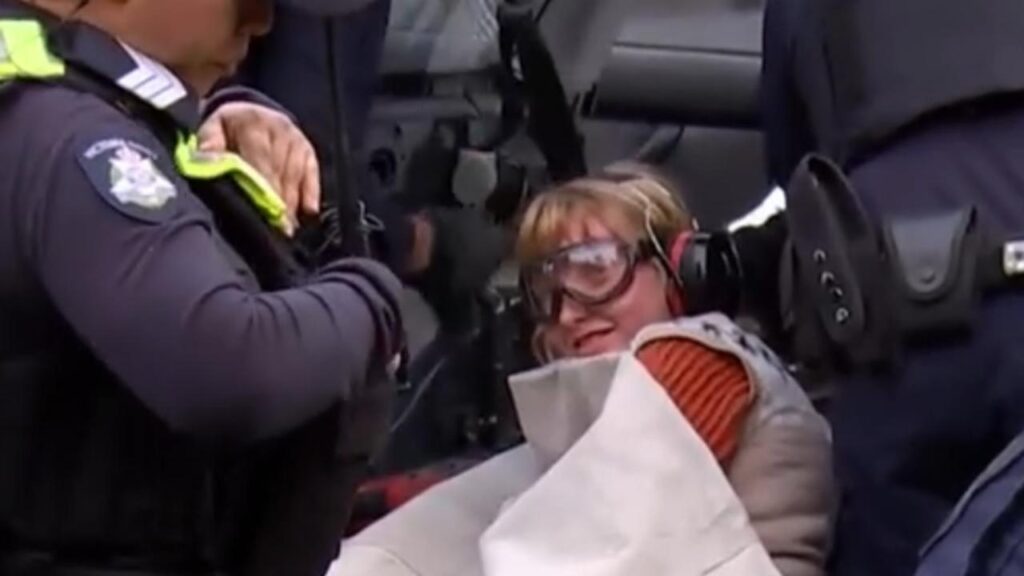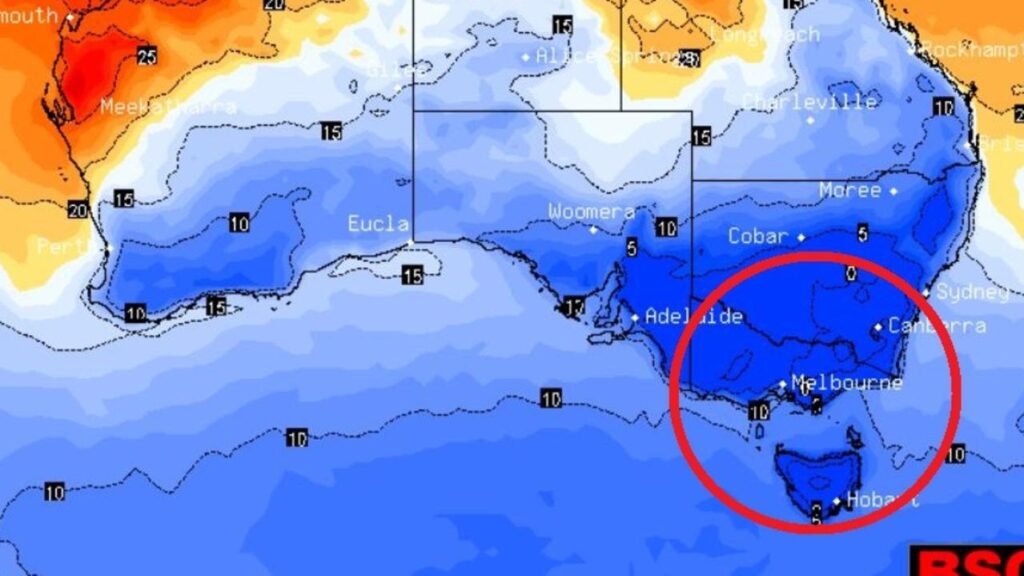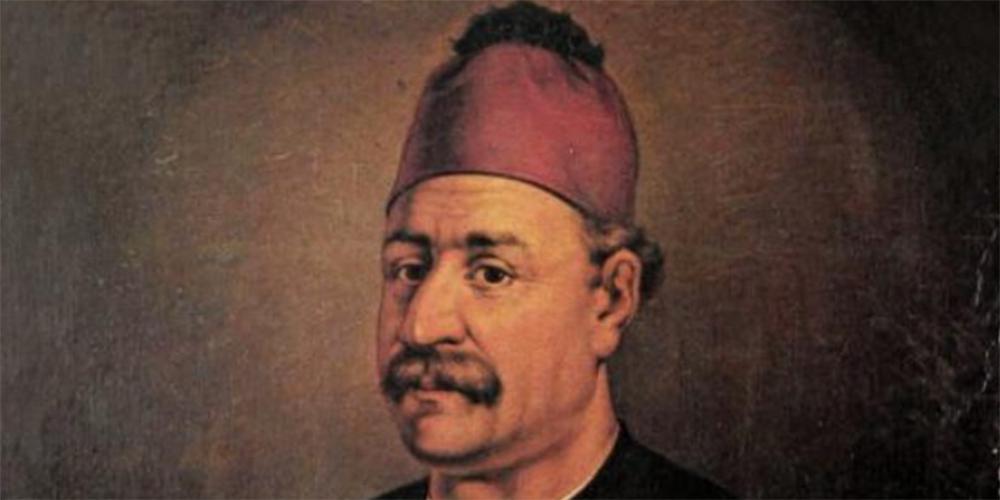How China won the electric vehicle race
Written by admin on August 24, 2024
China has cornered the market for electric vehicles and the race to sell green cars is only going to get tougher for established brands.
More than 80 per cent of electric vehicles sold in Australia come from China, and that number is likely to increase as new names such as Zeekr, XPeng, Smart, Foton and Leapmotor prepare for local launches.
They join the thousands of electric vehicles already imported from China by the three most popular EV brands in Australia – Tesla, Build Your Dreams (BYD) and BMW.
Manufacturers such as Toyota, Ford and Mazda represent some of the most trusted names in Australia. But their electric cars have failed to fire.
Some 99.5 per cent of Toyota customers choose hybrid, petrol or diesel power instead of the brand’s EV. Ford was forced to slash $15,000 from its electric Mustang Mach-E, and Mazda has quietly withdrawn its only electric car from sale.
French car maker Citroen announced plans to pull out of Australia last week, having struggled to attract customers in a competitive environment.
By contrast, the outrageous growth of Chinese upstart BYD illustrates how Australian drivers are ready to give new brands a chance.
BYD has rocketed from zero sales in 2022 to overtake many brands including Mercedes-Benz on the sales charts this year – a remarkable achievement considering the latter invented the car as we know it.
Chief executive of BYD importer EV Direct David Smitherman said there was a clear appetite for BYD in Australia.
“These vehicles come as part of a global effort – designed in Europe, tested in Australia, made in China,” Mr Smitherman said.
“By 2026, we’ve said we want to be selling 100,000 new energy vehicles a year in Australia.”
The company recently sold its 25,000th car to Victorian motorist David Allison, who traded in an older Holden for a battery-powered machine.
“The price of things is going up everywhere,” Mr Allison said.
“Fuel costs are up and down and servicing is high. I looked at electric cars and saw I could save money.
“I couldn’t be happier.”
While BYD is not a household name in Australia, it is a global giant that sells more electric cars than any company in the world. It has more than 700,000 employees – far more than the 30,000 or so of Holden at its peak.
Industry expert and Corporate Affairs Manager at Cox Automotive Australia Mike Costello said new brands were “putting a lot of pressure on the traditional brands to find every efficiency they can just to stay competitive”.
“They’re introducing EV technology at much more accessible price points, so consumers are realising they can get a lot of features and performance for their money,” he said.
“China controls pretty much all of the world’s battery supply chain and electric car supply chain. Most of the bigger battery suppliers are Chinese, and so when it comes to battery technology, they’re actually ahead of the curve.”
Western brands such as Tesla, BMW, Polestar and Volvo build import electric cars from China, largely thanks to the nation’s ability to build enormous numbers of electric vehicles at competitive prices.
Recognising its European and Korean factories struggle to compete, Kia has opened a new factory in China that will manufacture the upcoming EV5 for Australia.
There are more than 100 electric car manufacturers in China, many with an ambition to enter international markets.
XPeng is one of them.
Named after billionaire founder He Xiaopeng, the company is on the cusp of an Australian launch led by True EV chief executive Jason Clarke.
The pitch is that customers will receive prestige pampering for half the price of European luxury brands.
“People see a well-priced SUV and think ‘it’s out of China therefore the quality is not great’, but the opposite is true,” Mr Clarke said.
“The quality is amazing … consumers are going to start seeing that.”
In the same way that Hyundai and Kia have moved from selling bare-bones hatchbacks to $100,000 indulgences, Mr Clarke said perceptions around Chinese cars will evolve with time.
“If you look at the way Korean cars came through I suspect this is going to be the time for the high quality Chinese manufacturers,” he said.
“The first Hyundai Excel wasn’t great, but things really shifted.”
Several other brands will join XPeng in Australian showrooms.
Seen as a test market for car manufacturers, Australia has a similar automotive history to the US and UK. It’s large enough to generate meaningful data, but small enough that it does not require staggering investment from brands looking to gain a foothold.
Mr Costello said taxes designed to make business tough for Chinese brands in the US and Europe could push manufacturers Australia’s way, delivering an “an absolute flood” of cars to an “incredibly competitive” sector.
“We’re talking 10 or more additional players that aren’t even here yet,” he said.
“That’s on top of the 80 or so different manufacturers that will be selling EVs in Australia by this time next year.”
“If these manufacturers realise that they can’t crack into the United States and Europe like they hoped, places like Australia are going to become even more strategically important.”
NEW ELECTRIC VEHICLE ERA
FOTON
Who: One of the top commercial companies in China is re-entering the Australian market with strong backing from Inchcape, the local importer for Subaru, Peugeot and Citroen.
What: Foton aims to shake up the ute market with the launch of the electric Tunland dual-cab ute.
When: Inchcape says Foton will sell cars from the fourth quarter of 2024.
XPENG
Who: A Chinese electric vehicle manufacturer keen to push advanced technology, XPeng promises champagne luxury on a beer budget.
What: Xpeng will introduce models like the P7 sedan and G3 SUV, catering to tech-savvy Australians who demand the latest in automotive technology.
When: XPeng is weeks away from putting cars on sale.
ZEEKR
Who: Zeekr, a premium electric vehicle brand under Geely, is a sibling company to Volvo, Polestar and Lotus.
What: Zeekr plans to launch two models initially – the Zeekr X, a compact, dual-motor, AWD electric SUV and the Zeekr 009, a luxurious electric MPV.
When: The Zeekr X and 009 are expected to hit Australian showrooms in the second half of 2024.
LEAPMOTOR
Who: Chinese electric manufacturer who has formed a joint venture with Stellantis – think Jeep and Fiat – with the aim to sell Leapmotor’s EVs outside of China.
What: Expect to see the electric Leapmotor C10 – a medium SUV – inside Jeep showrooms.
When: Leapmotor says it will be up and running before the end of the year
SMART
More Coverage
Who: Once owned and distributed by Mercedes-Benz, Smart is re-entering the Australian market with a focus on electric mobility.
What: Four-door EVs with Geely running gear, including the #3 – call it “hashtag three”.
When: The Smart SUV is expected to be launched in Australia later this year
Originally published as China set to dominate electric vehicle market as brands prepare for more local launches
Read related topics:China


